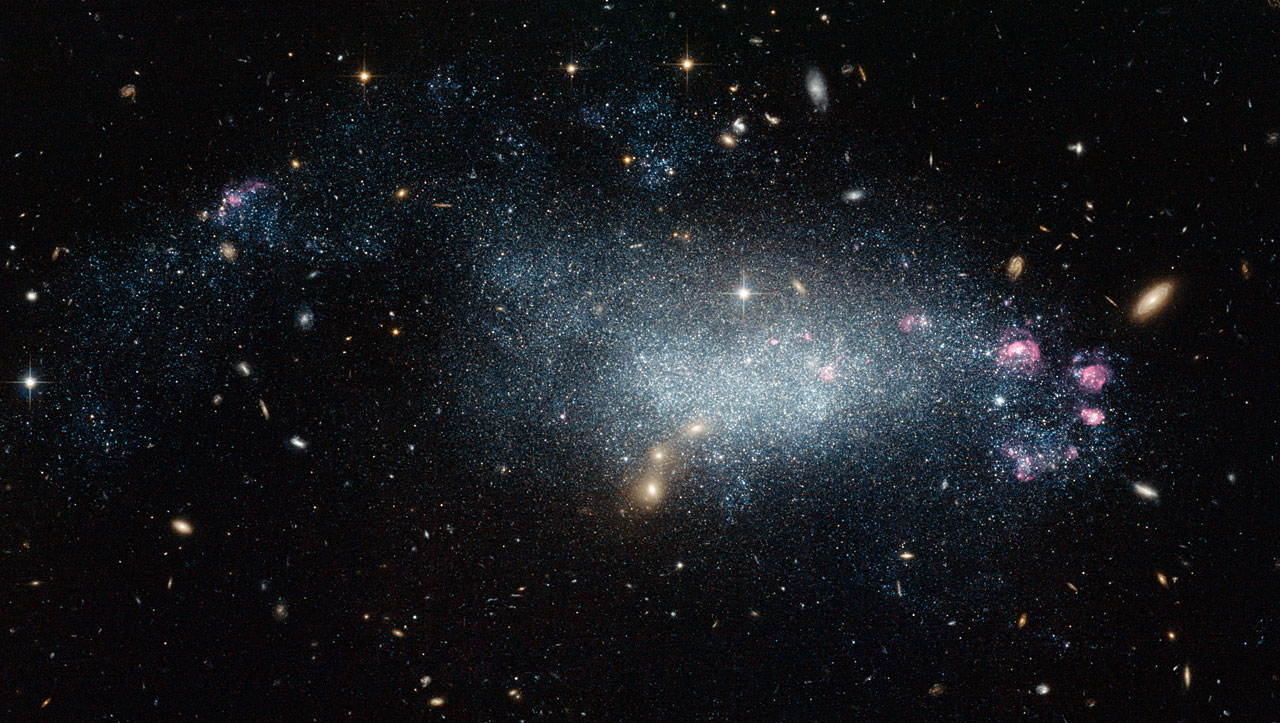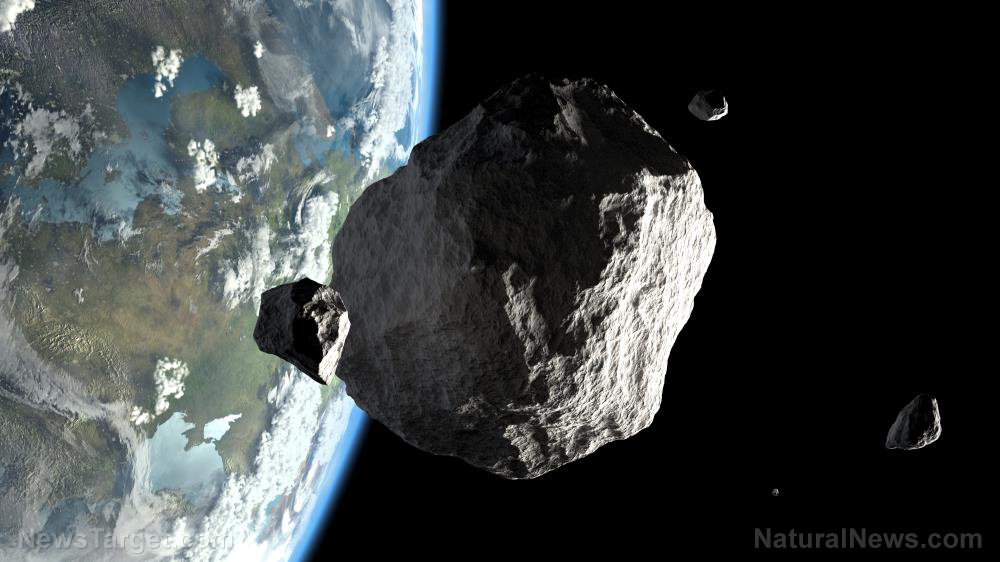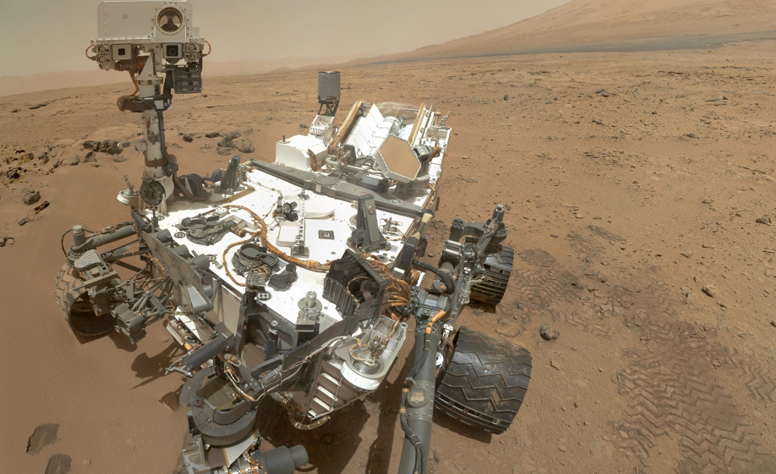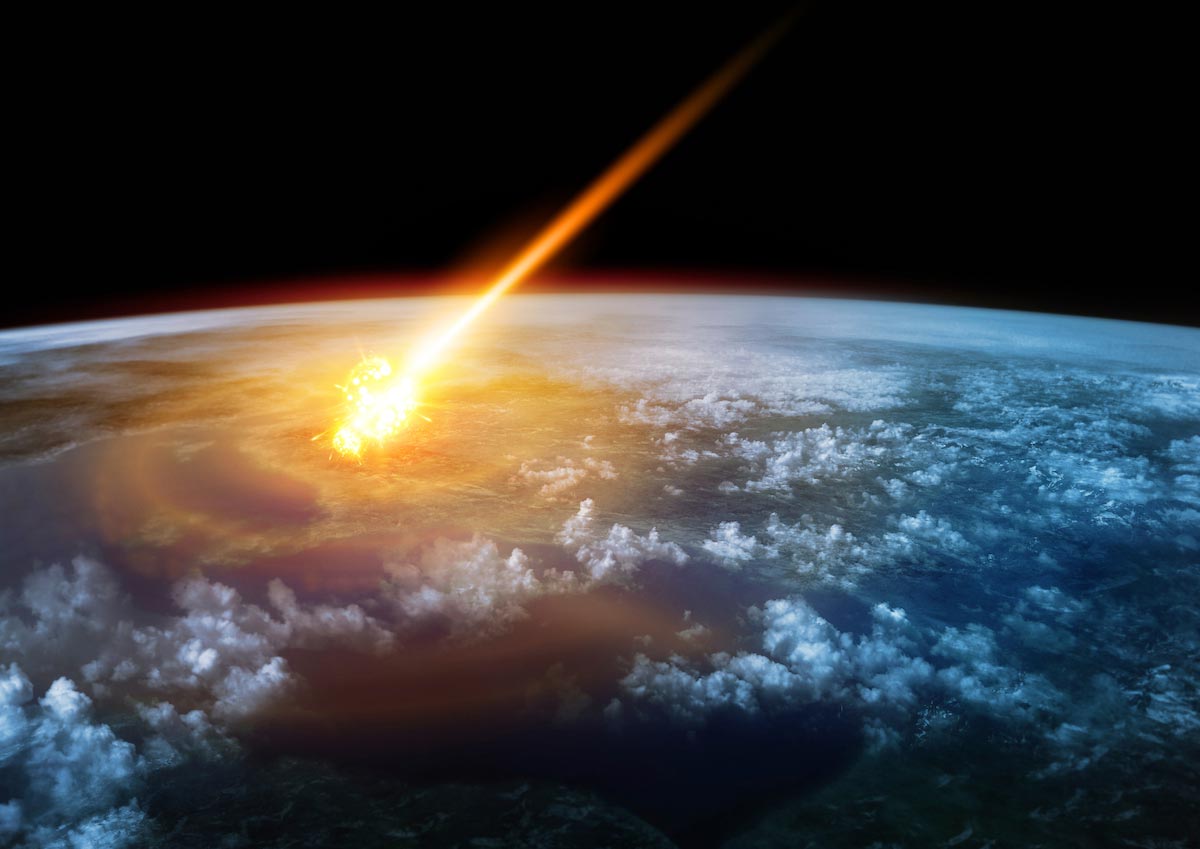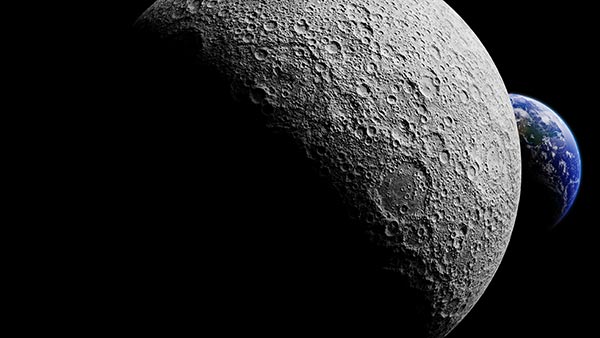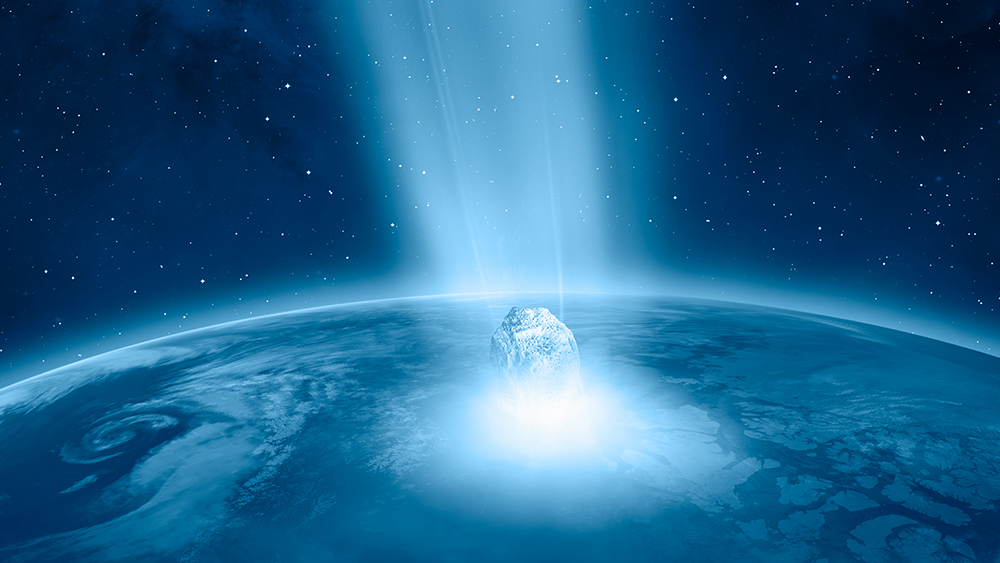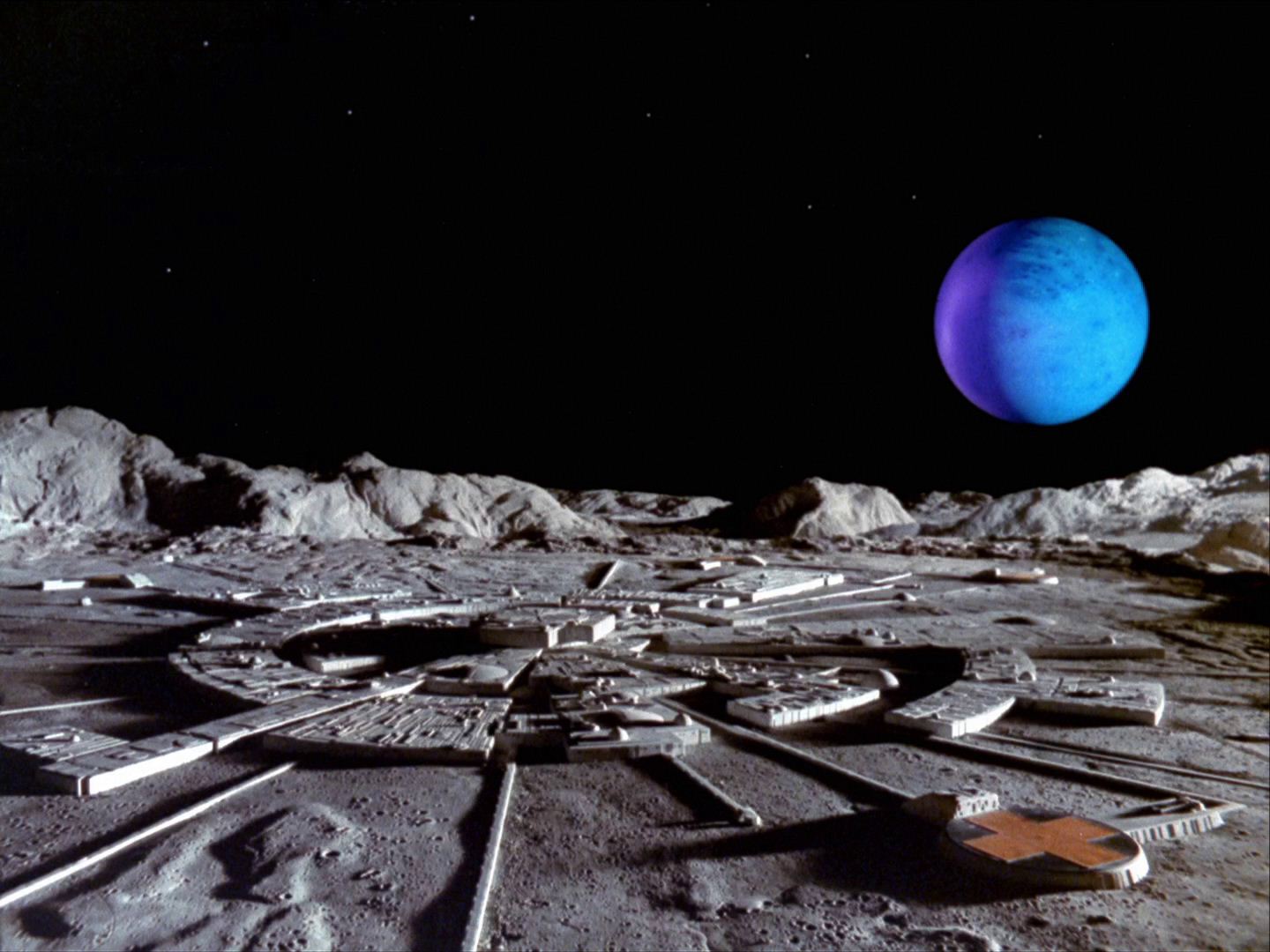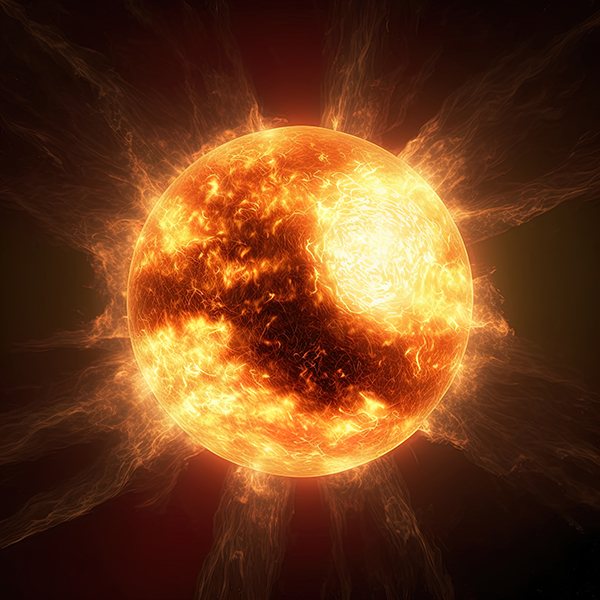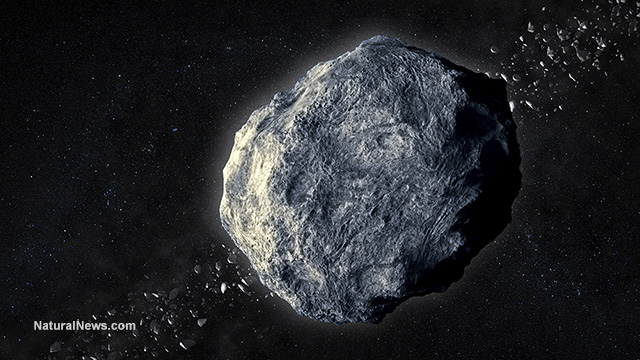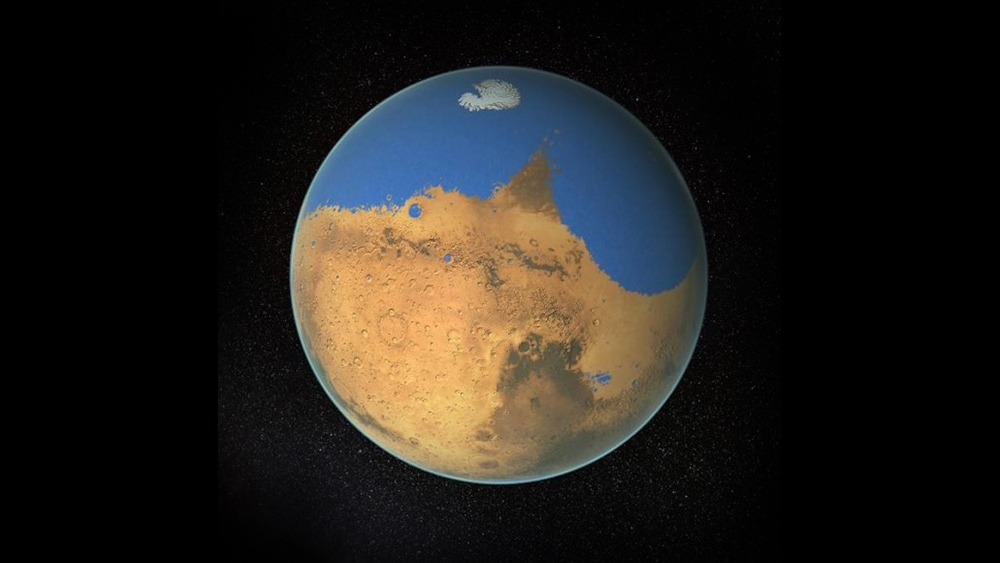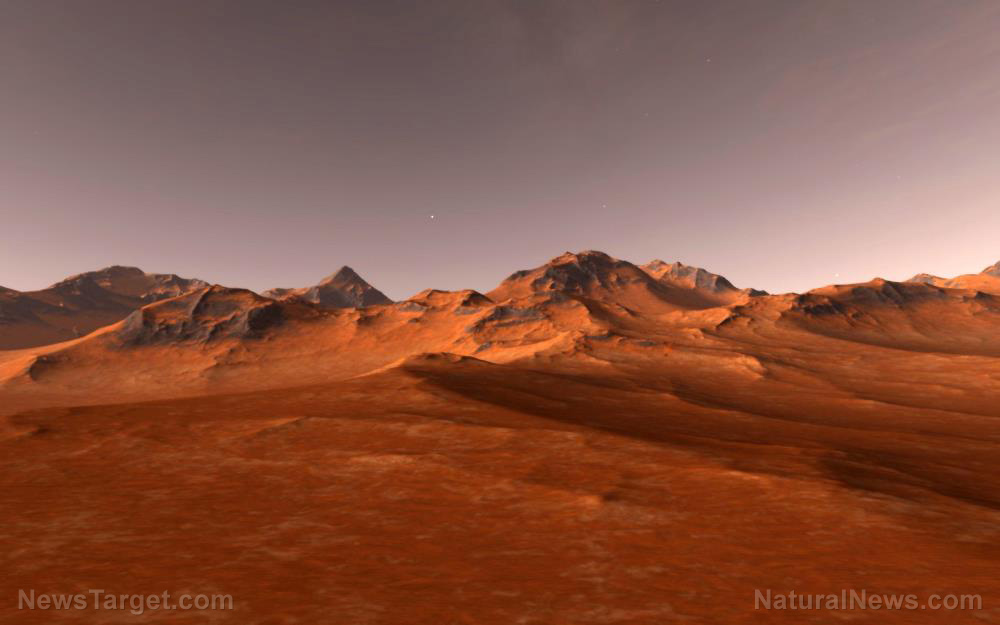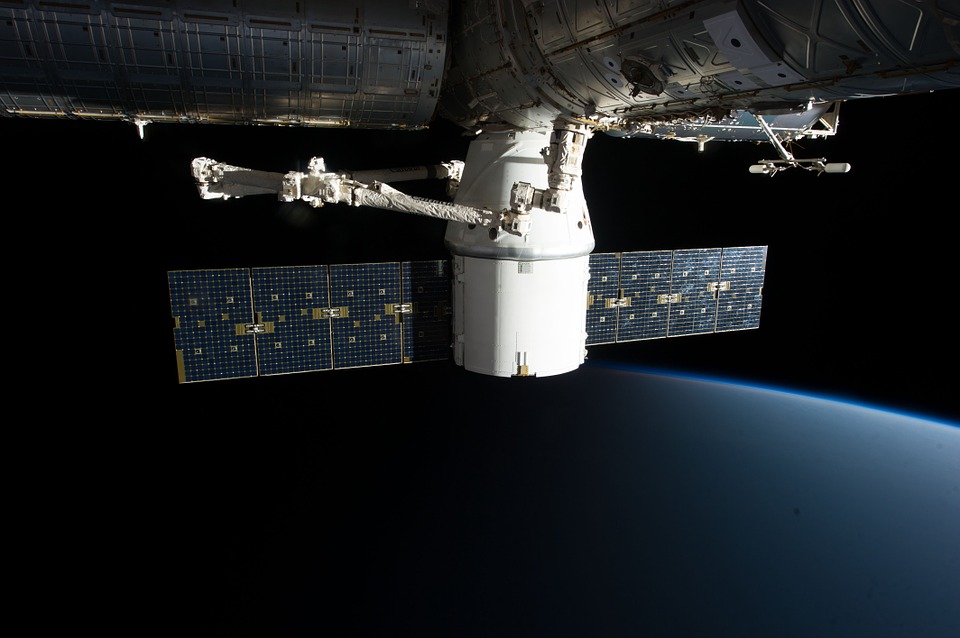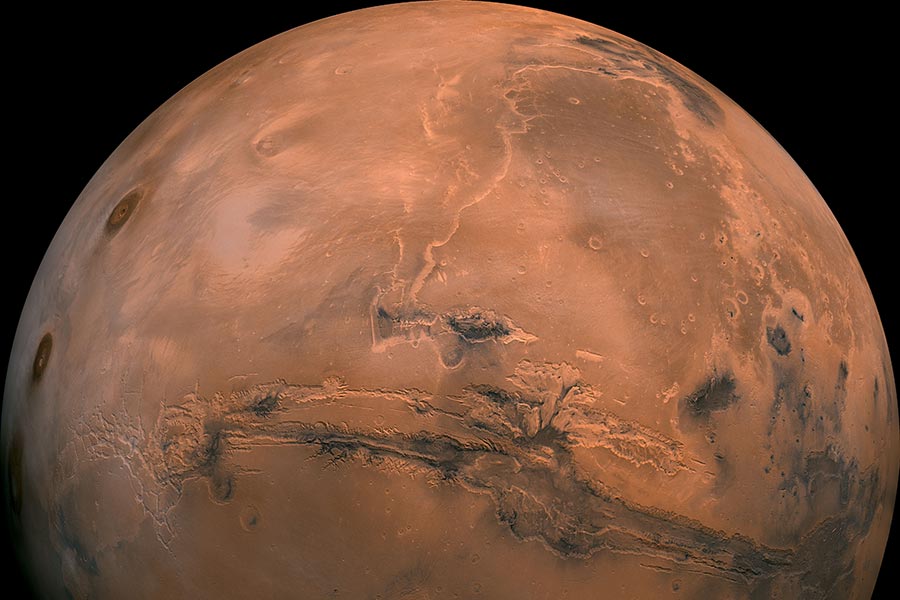Health Ranger Report: Randall Carlson and Mike Adams discuss the Younger Dryas comet impact theory
01/20/2023 / By Kevin Hughes
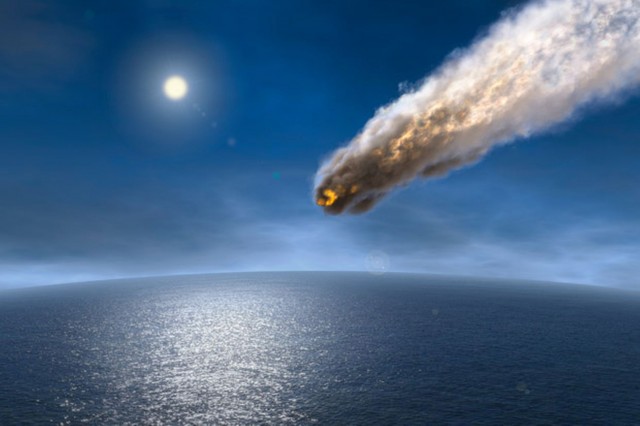
Geology expert and investigator Randall Carlson recently joined the Health Ranger Mike Adams to discuss the Younger Dryas impact theory on the “Health Ranger Report.”
Carlson said Younger Dryas is a period of “incredible planetary transition” that lasted from roughly about 12,900 to 11,600 years ago. Before this period, the Earth was in “the deep grip of a massive Ice Age” – with an ice sheet covering the entirety of Canada, the northern U.S. and northwestern Europe.
He added that up until the Younger Dryas, there had been “enormous numbers” of megafaunal species that lived on Earth. These include four species of proboscideans, the ancestors of modern elephants; ground sloths the size of elephants; beavers weighing 600 pounds; sabertooth cats; the American pleistocene lion that was as big as a horse; and the giant short-faced bear (Arctodus simus).
The Younger Dryas, however, was marked by extreme climate changes that lasted throughout the period’s 1,300-year span.
“It went extremely warm, extremely cold, back and forth several times. During this time, the ice sheets catastrophically melted away. Ocean levels rose very quickly,” said Carlson.
“Over 100 megafaunal species disappeared in the process. [They] were killed off, [they] were exterminated so effectively that they completely failed to perpetuate the species.”
He added that there are between 100 and 120 species of megafaunal animals on Earth today, about the same number as those that went extinct during the Younger Dryas. Moreover, the Younger Dryas also caused the disappearance of the so-called Clovis culture prolific in unglaciated North America.
“You had this rapid catastrophic melting of the ice sheet, these large pulses of meltwater discharging off the ice sheets, corresponding rapid pulses of sea level rise. You also had climate shifts up to 10 to 12 C, which were up to like 15 to 18 F,” Carlson said. (Related: Ice sheets have always melted quickly when the climate warms, according to research.)
Carlson: Comet impact triggered Younger Dryas event
“The Younger Dryas event was probably the most severe thing that happened to this planet in at least 3.5 [million], maybe over five million years,” the geology expert told Adams. Whatever happened during that Younger Dryas that completely changed the nature of the planet, it stands as a a veil between modern history and whatever happened before.
According to Carlson, evidence strongly points to the Earth’s encounter with the fragments of a comet breaking up as the main reason behind the impact event. Around 25,000 years ago, the remnant of a great comet entered the inner solar system and underwent a series of fragmentation events.
This comet eventually fell to Earth, triggering the impact event. The 1991 discovery of the Chicxulub crater – its name meaning “the horn of the devil” – in Mexico lent credence to the theory. Half of the crater is located under the Yucatan Peninsula, and the other half is located under the Gulf of Mexico.
“I think one of the reasons they [initially] didn’t find it was because it was so large that [it was] like they were zoomed in too much looking for things,” Adams said. “This thing was so huge. You couldn’t see it until you looked at the whole planet and under the water, of course.”
Visit CosmicImpacts.com for more about the Younger Dryas impact theory.
Watch the full conversation between Mike Adams and Randall Carlson about the Younger Dryas impact theory below.
This video is from the Health Ranger Report channel on Brighteon.com.
More related stories:
Extraterrestrial impact may have caused abrupt climate change 12,800 years ago, research suggests.
Study suggests the ice age was caused by global cooling after a giant asteroid collision in space.
Sources include:
Submit a correction >>
Tagged Under:
ancient history, breakthrough, Chicxulub crater, comet impact, discoveries, Health Ranger, Health Ranger Report, history, impact theory, Mike Adams, prehistoric period, Randall Carlson, real history, real investigations, research, younger dryas
This article may contain statements that reflect the opinion of the author
RECENT NEWS & ARTICLES
COPYRIGHT © 2017 SPACE.COM
All content posted on this site is protected under Free Speech. Space.com is not responsible for content written by contributing authors. The information on this site is provided for educational and entertainment purposes only. It is not intended as a substitute for professional advice of any kind. Space.com assumes no responsibility for the use or misuse of this material. All trademarks, registered trademarks and service marks mentioned on this site are the property of their respective owners.


